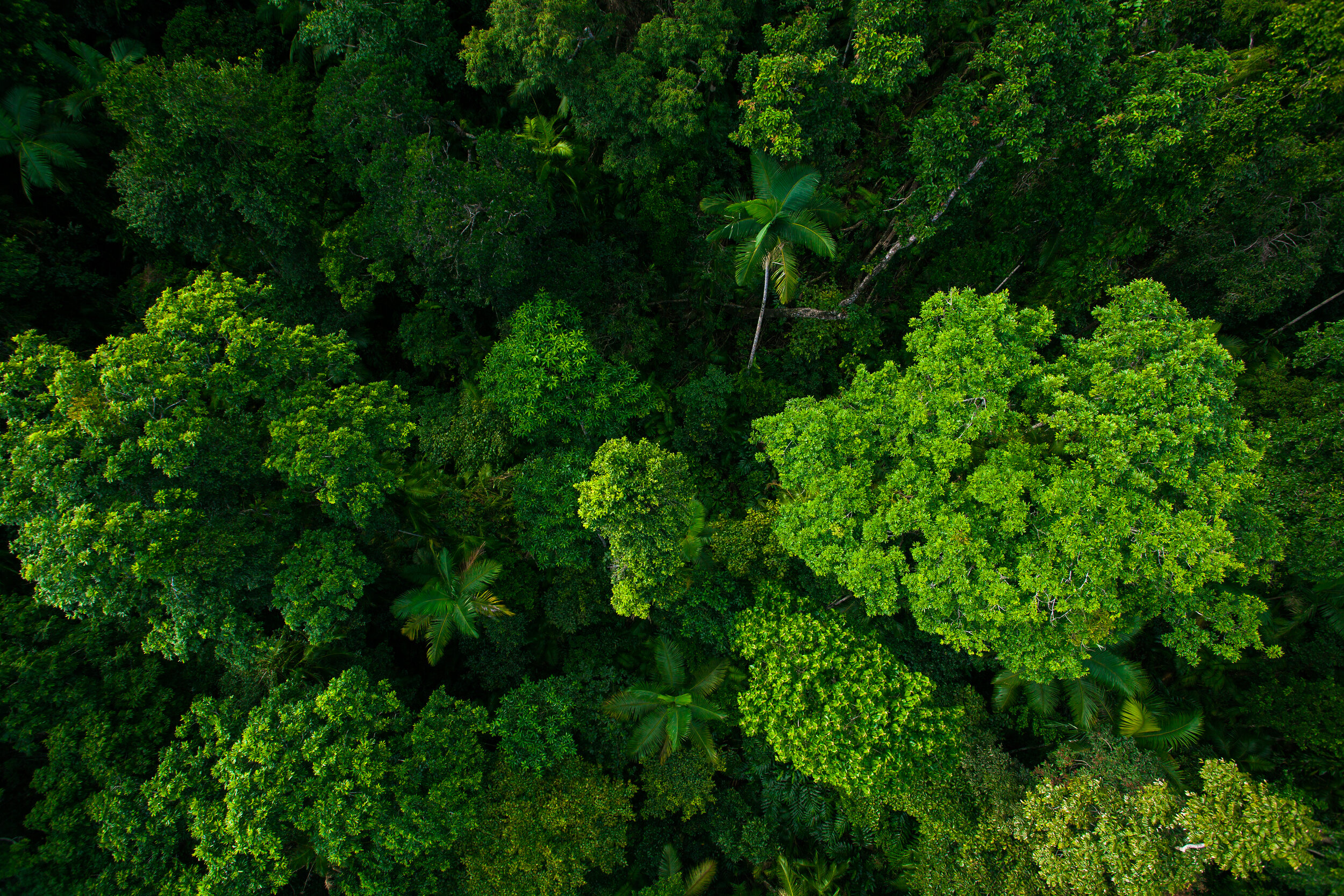
Soundscape Baselines Project
Teams
Sound Forest Lab, Madison, Wisconsin, USA
We are a research laboratory led by Dr. Zuzana Burivalova, based at the Department of Forest and Wildlife Ecology and at the Nelson Institute for Environmental Studies, at the University of Wisconsin-Madison. We lead and coordinate the Soundscape Baselines project. Find out who the current lab members are here.
Meet the scientist: Zuzana Burivalova
Meet the scientist: Tatiana Maeda
Nsombou Abalghe-Dzal Association (NADA), Gabon
NADA’s mission is sustainable and equitable governance and management of ancestral lands and biocultural diversity, established and maintained by Gabonese Indigenous Peoples and local communities. NADA’s home is near the Ivindo National Park in northeastern Gabon. The association leads a baseline site in the ancestral forest of the Massaha community. The baseline team is led by para-ecologist Serge Ekazama-Koto (pictured below by a moabi tree), biologist Walter Mbamy, and boundary spanner Graden Froese.
Meet the scientist: Serge Ekazam-Koto (left)
Manu Biological Station, Peru
Our biodiversity conservation goals are simple: Discover, Understand, and Protect. The Station team of scientists leads a baseline site in the Manu Biosphere Reserve in southeastern Peru. The team, lead by Carla Mere Roncal from the Andes Amazon Fund, is also collecting bioacoustic data in the Wayqecha Cloud Forest Research Station and the Los Amigos Research Station.
Tiputini Biodiversity Station, Ecuador
From biodiversity monitoring to local community empowerment, TBS contributes to a more sustainable future for all. TBS is a research facility in the Amazonian Ecuador. TBS also serves as a non-official guard post for the Yasuní National Park. Researchers and staff at TBS are leading a baseline site in Tiputini’s lowland primary forest.
Meet the scientist: Nicolas Zapata
Bavarian Forest National Park, Germany
The Bavarian Forest National Park is a protected area on the border with the Czech Republic, harboring some of the last remaining ancient forests of Europe. The baseline team is lead by Jörg Müller and Jens Schlüter. You can learn more about the park’s nature in a documentary film Der Wilde Wald.
Baraboo Hills Ecology Research Collective
The Baraboo Hills Ecology Research Collective is dedicated to sustaining wild species and landscapes through long-term monitoring of population trends, field research, education, and community engagement. The Baraboo Hills are all that remains of an ancient quartzite mountain range, and are covered by the largest expanse of forest in southern Wisconsin. A diverse mix of temperate forest habitat includes cool damp valleys with relict hemlock stands and dry rocky glades with stunted oak and hickory trees. The variety of forest types provides suitable habitat for more than 1,800 different species of plants and 250 species of birds.
Meet the scientists
Learn more about the local partners, paraecologists, and scientists setting up soundscape baselines around the world.








